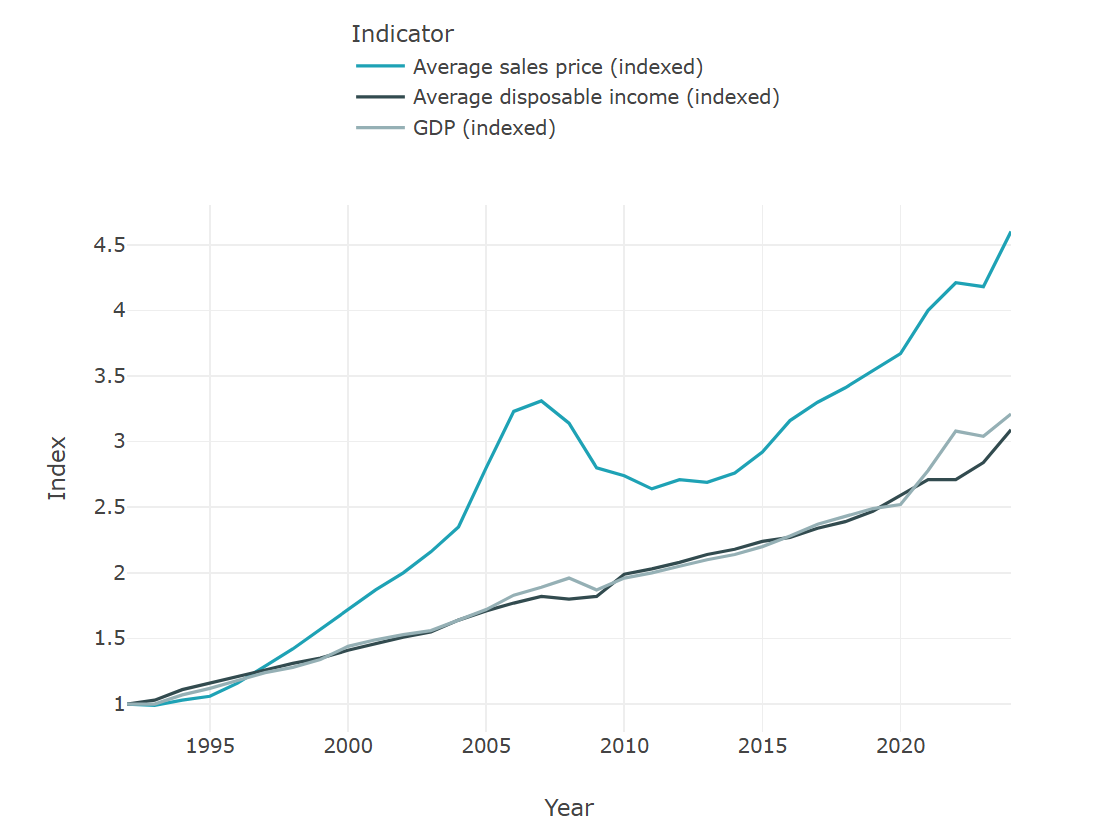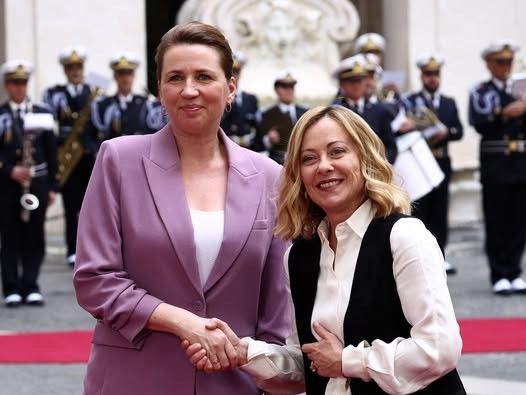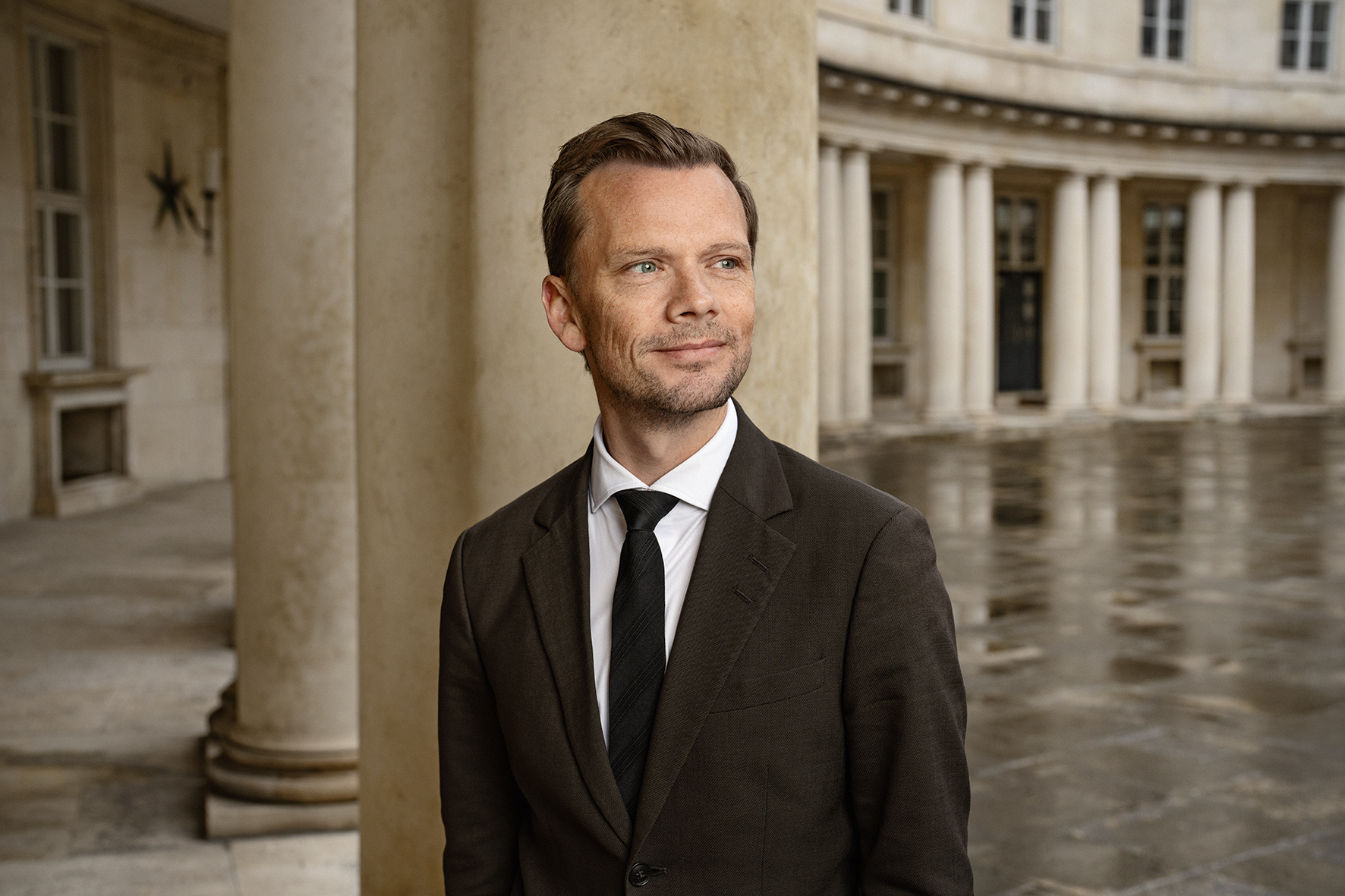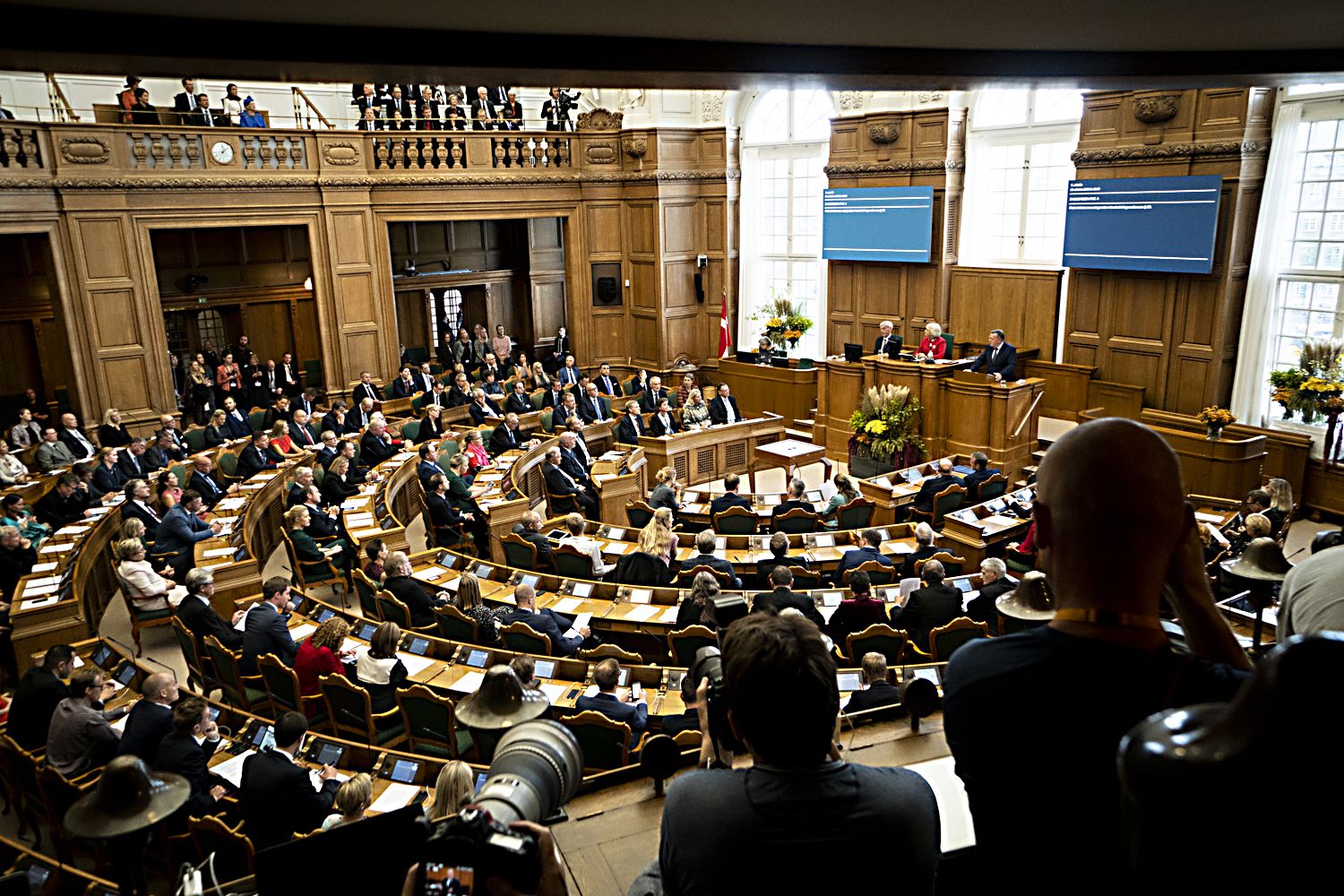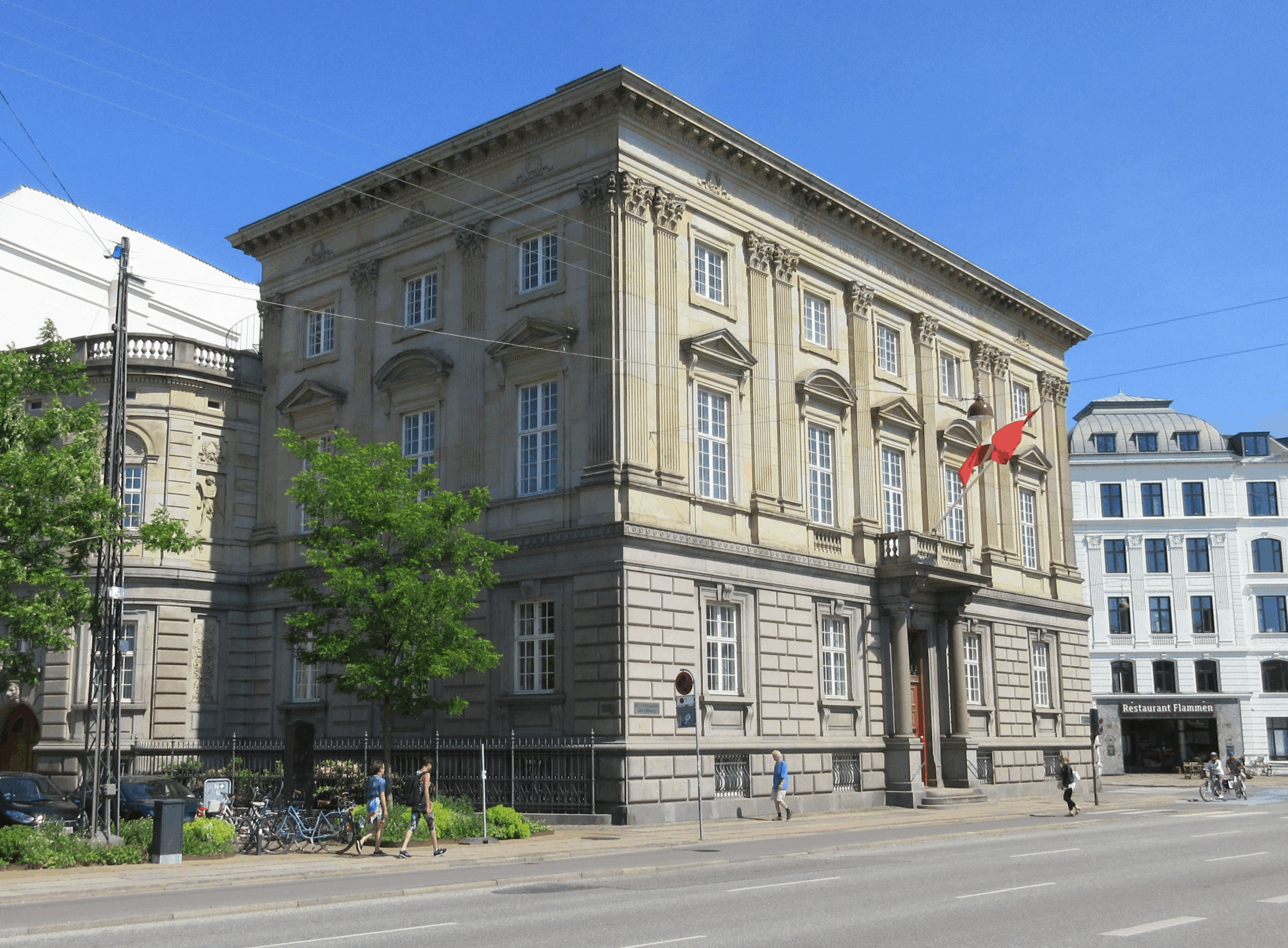MPs: Denmark won’t take part in Syria attack
Danish forces are unlikely to be involved in a rapid intervention against Syria, say two leading MPs. Mette Gjerskov (Socialdemokraterne), head of the Foreign Policy Committee, said that given the likelihood an attack would be without a UN mandate and the length of time needed for parliament to approve participation, it was improbable that Denmark would take part. Getting parliamentary approval could take several days. Even if PM Helle Thorning-Schmidt (Socialdemokraterne) decides to act without asking parliament first, it would take up to 24 hours before the military gets the green light, Gjerskov said. Meanwhile, Lene Espersen (Konservative), a former foreign minister, said the expected nature of the likely military action – a cruise missile attack – would make Denmark’s participation unnecessary. A long-term intervention, such as enforcing no-fly zones or humanitarian corridors, would be missions Denmark could contribute to, Espersen said. – Berlingske
Give peace a chance
Denmark’s far-left is urging the government to seek an alternative to military action against Syria. Enhedslisten (EL) said it will not vote in favour of allowing Danish forces to participate in an attack in retaliation for the presumed chemical weapons attack in Syria last week. Enhedslisten is instead calling for negotiations and increased humanitarian aid. “It’s wrong to drop bombs and to arm rebels that may or may not be on our side,” said EL spokesperson Nicolaj Villumsen. – DR Nyheder
READ MORE: Public opposes acting without UN approval in Syria
Scared councils stifle growth
Since 2011, local councils have spent six billion kroner less than they are allowed to under the spending cap set by the government. The Economy Ministry predicted that councils would start spending more of the 35 billion kroner they have saved up, but others said that fear of Draconian sanctions if they went over budget meant that councils would continue their thrifty ways. Since 2009, it has been possible for the government to cut funding to councils that overspend. According to AE, a left-leaning think tank, in 2012, 89 of the nation’s 98 local councils ended the year under budget. Had councils spent all the money available to them, it would have resulted in the creation of 10,500 jobs, AE calculates. – Atlinget
'Do not contact' option stymies research
Getting an accurate statistical picture of the population for use in research projects is becoming increasingly difficult, say scientists and other academics. The reason, they say, is that one out of seven Danes has indicated they do not want to be contacted in order to answer surveys. Among people in the 25-35 age group, the number was one in four. The effects of the high opt-out rate were seen recently when the OECD rejected a study from Denmark after it concluded the survey group was not representative of the population as a whole. – Politiken
Nets needs a buyer
Electronic payment system administrator Nets admits that it is seeking a buyer in order to prevent being overwhelmed by global payment solutions. It has been speculated since June that Nets might be grooming itself for a sale, but the management had declined to speak openly about it. Chairman Peter Lybecker, who also sits on the board of Nordea bank, confirmed that Nets is looking for a buyer or possibly going public as a way to ensure that the company keeps developing. – Børsen


